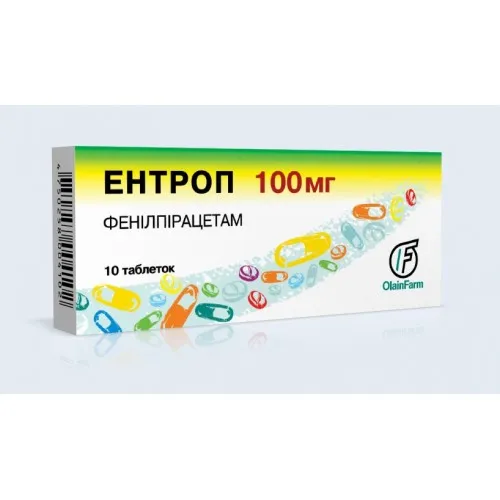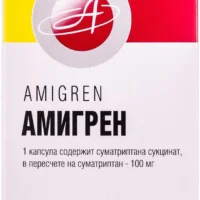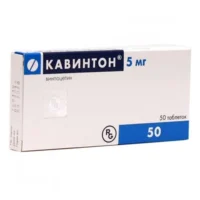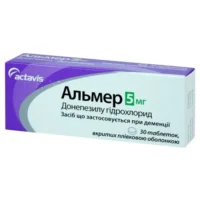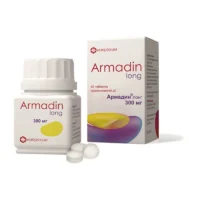Description
Entrop (Phenylpiracetam) Tablets 100 mg. №10
Ingredients:
Each tablet contains 100 mg of phenylpiracetam.
Dosage:
The recommended dosage is one tablet per day. It is advisable to take the tablet in the morning to prevent insomnia.
Indications:
Entrop tablets are indicated for improving cognitive function, memory, and focus. They are commonly used to enhance mental performance and productivity.
Contraindications:
Do not use Entrop tablets if you are pregnant, breastfeeding, or have a history of heart conditions. Consult a healthcare professional before use.
Directions:
Take one tablet orally with water daily. Do not exceed the recommended dosage.
Scientific Evidence:
Phenylpiracetam, the active ingredient in Entrop tablets, has been studied for its cognitive-enhancing effects. Research suggests that phenylpiracetam may improve memory, learning capacity, and overall cognitive function. A study published in the Journal of Psychopharmacology found that phenylpiracetam significantly improved cognitive performance in patients with cognitive decline.
Pharmacological Effects:
Phenylpiracetam is a nootropic compound that is structurally derived from piracetam. It is believed to enhance cognitive function by modulating neurotransmitters in the brain, particularly dopamine and acetylcholine. This modulation may lead to improved focus, memory, and mental clarity.
Clinical Trials and Comparative Effectiveness:
Several clinical trials have investigated the effectiveness of phenylpiracetam in improving cognitive function. A study published in CNS Drug Reviews showed that phenylpiracetam had positive effects on cognitive deficits in patients with organic brain lesions. Compared to other racetam compounds, phenylpiracetam is considered to have a higher potency and faster onset of action.
Additional Information:
It is important to note that individual responses to phenylpiracetam may vary. Some users may experience mild side effects such as headaches or insomnia. If you experience any adverse reactions, discontinue use and consult a healthcare provider.

